Context: I was looking at r/Bitcoin and someone asked the question asking if PoW was superior to PoS https://www.reddit.com/r/Bitcoin/comments/qyt9lf/pow_superiority_over_pos_in_the_longterm/?utm_source=share&utm_medium=web2x&context=3
I was getting tired of seeing the same debunked arguments made against PoS so I tried to compile a list of common arguments and why they are not correct.
I have heard that they are censoring anyone who doesn't join the echo chamber there so I thought I would share what I posted here in case it gets removed. Please let me know if I said anything is is wrong or if you want to add some points yourself.
People say POS is better for the rich because all they need to do is to buy the token and then stake it to earn more coins and therefore more power. This conflates two points;
One that having more coins == more power (this is true to an extent but unless you have a large percentage of staked eth (for example), it is not much more useful voting power because of a built-in protocol function that randomizes your voting power so large players are unlikely to be the deciding vote on many blocks back to back. (and by unlikely I mean statistically very low, even if you have OVER 50% of the staked eth, although, admittedly, this does increase your voting power exponentially after 50%)
The 2nd point is suggesting that a POW system is much different. If I have 10,000 of your local currency to spend on equipment, then I would probably have very little chance of mining blocks for myself so I join a pool and pay a small fee to a pool so they can smooth out my income. This is cool because most people can participate and use energy to turn into bitcoin that is generated from the base block reward, and not from an existing pool of coins. Joining a pool is not necessarily good for decentralization though. However, if I have 10,000,000 of your local currency to spend on equipment, not only can I move myself to a place that has low power costs, increasing my profit margins comparatively (granting me more coins per unit of energy than other miners thereby making me richer than them for the same amount of work) but I could reasonably 'go it alone' with that amount of capital which is actually beneficial to the network. This is a classic case of the rich getting richer. The only difference is that the miners have to have physical equipment rather than using collateral that is the network coin itself.
TLDR for point 1. Both consensus mechanisms have their own flavor of the rich getting richer.
2. People say that having a lot of a Proof of Stake coin will help an institution collude and manipulate the protocol. This is actually a possibility, but it is very unlikely due to what would immediately happen to their collateral. The reason behind this is that you must understand that just like a hardfork can be perpetuated by a silent majority of people so too can a fork of a PoS network. Lets say there is a certain coin that starts with E and an investment company purchases a large chunk of the coin. Cool, those who sold their coins to this institution are well off because they decided to sell their coins and they don't care, they got their money. This is good because it shakes out the loose hands and makes number go up. BUT BOOM, out of nowhere this institution stakes all of their coins and now controls 50% of the network. As explained earlier, this is not necessarily the end of the road for this token because they would need more than 50% to actually statistically have a good shot at having the deciding vote in proposing several blocks back to back. The protocol would also detect double spend activity and slash the offending validators thereby removing their power. But lets say that the protocol failed and somehow the institution circumvented the protocol and got away with it. THEN the rest of the staking community can just stick to their version of the network fork just like when BTC forked and the more popular chain wins out. Game theory time. Yes, institutions can stake more than 50% of a coin, but the silent majority will just not recognize that chain as the official chain even if the rich institutions do recognize that at the legit chain and then the silent majority will vote with their feet and buy from the institutions that back the community driven chain and not the one stolen by the large institution. This would give two perspectives. From the large institution's perspective they would have a fork version that they have control of the network, but no users. From the perspective of the community it would look like half of the tokens in circulation were bought, staked, and then burned thereby forever lowering the amount in circulation. The institution would just have burned billions worth of their tokens... For nothing.
There is a deeper point here as well. With a PoW chain like BTC 51% attacks if they were ever perpetuated would not have much recourse to stopping the attacks. The community can vote to change the mining algorithm thereby stopping the attacks for a while, but they can only do that a few times before it doesn't become effective. At that point, the community is beholden to that user getting bored and stopping their attack. Unless someone physically destroyed the offending attacker's computer they would not have much recourse other than changing mining algos. With PoS the offending attacker's collateral is just destroyed because it is not a physical hardware device but is stored on the blockchain and the protocol has strict punishments for rule breakers.
TLDR for point 2: Collusion is possible, but it doesn't end well for the colluders.
3. People say that having more coin entitles you to receiving more rewards, but that is the same as saying that having a $100 earning 10 percent entitles you to a bigger return than having $1,000,000 earning 10 percent. Yes, it is true that you get more of a return in absolute values, but you still get the same amount percentage yield with different amounts of coins. This also doesn't take into account that there are small decentralized staking pools that allow users with very little stake to still participate and earn their relative portion of the rewards.
TLDR for point 3: 5% on 1,000 is the same percentage as 5% on 10,000. It is still 5%.
[link] [comments]

You can get bonuses upto $100 FREE BONUS when you:
💰 Install these recommended apps:
💲 SocialGood - 100% Crypto Back on Everyday Shopping
💲 xPortal - The DeFi For The Next Billion
💲 CryptoTab Browser - Lightweight, fast, and ready to mine!
💰 Register on these recommended exchanges:
🟡 Binance🟡 Bitfinex🟡 Bitmart🟡 Bittrex🟡 Bitget
🟡 CoinEx🟡 Crypto.com🟡 Gate.io🟡 Huobi🟡 Kucoin.


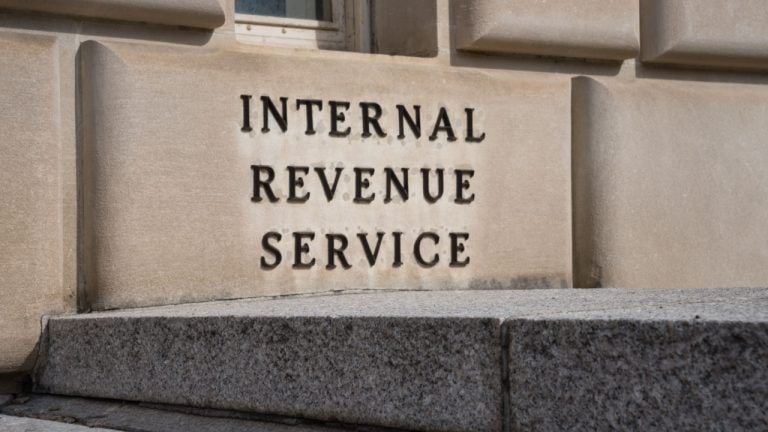






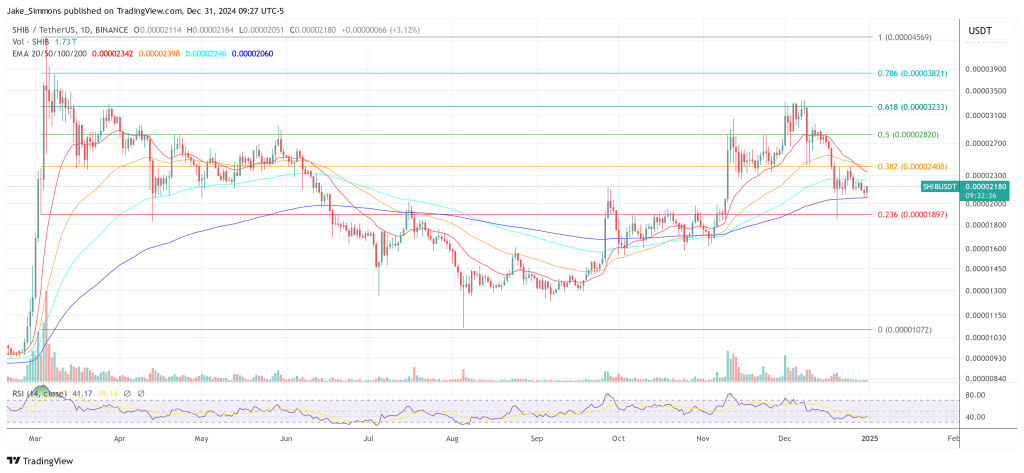


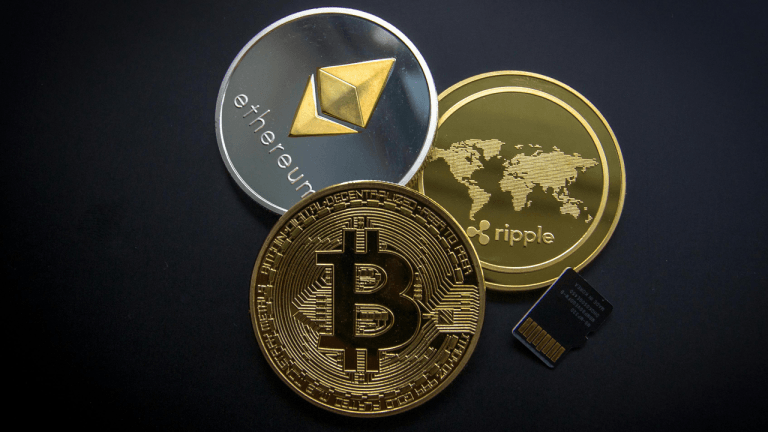
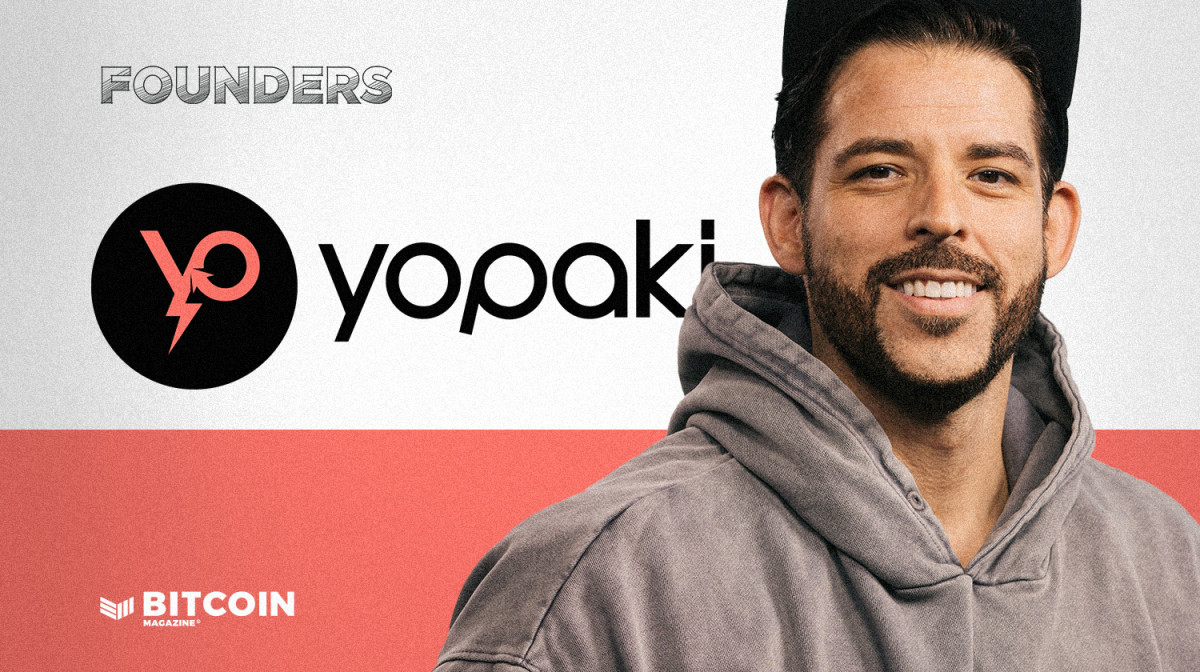


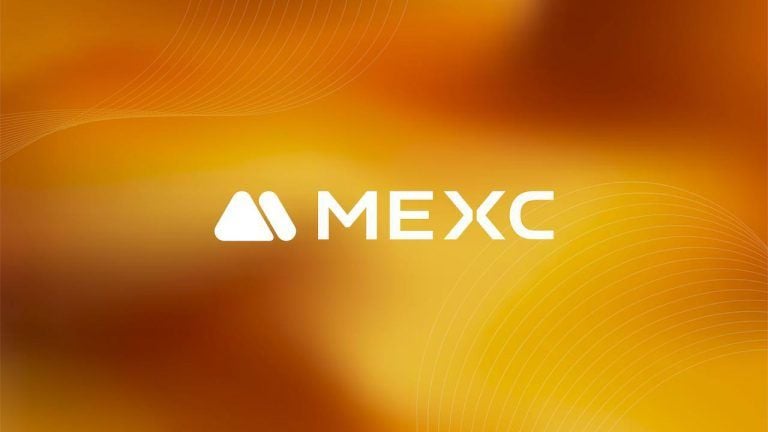

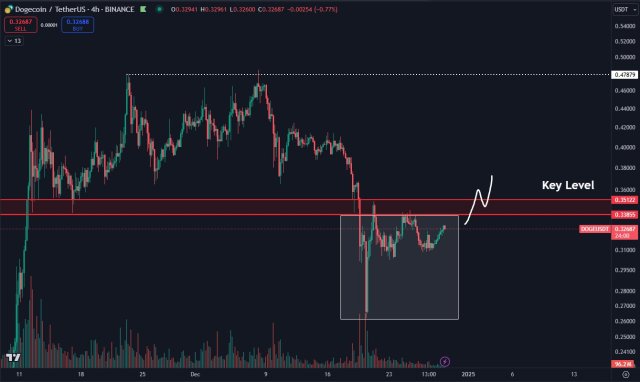

Comments